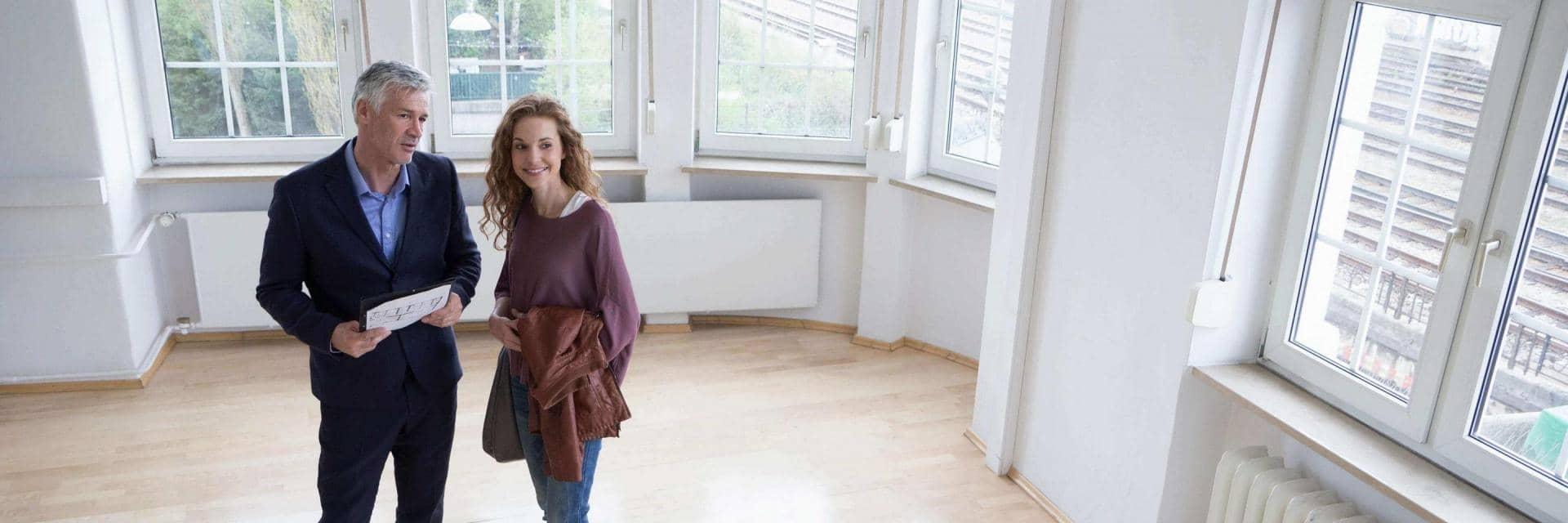
Make your mortgage appointment today
Our expert, professionally qualified team will help you find the right mortgage for you.
Complete a call back form to make your mortgage appointment.

Practical tips for landlords
Read our tips on how to become a landlord, from choosing a property and mortgage, to understanding your tax liabilities and legal responsibilities to tenants.
Your buy-to-let property may be repossessed or a receiver of rent may be appointed if you don’t keep up payments on your mortgage.
Focusing on a specific type of tenant for your property can help you to make an informed decision. Seasonal workers, families and young professionals have different requirements for a property and its location. If you have the wrong property or location for your target tenants, you may struggle to rent it successfully. Every day the property is empty, you’re losing income, so it’s important to think about this.
To help you choose the right property for your target tenant, you could talk to estate and letting agents. They’ll know what’s in demand and may even help you spot a gap in the market. Just make sure you speak to more than one agent to get a rounded view of the local market.
The rent you charge must at least cover your property’s running costs. It’s really important to work out what you’ll need to spend each year on buy-to-let mortgage payments and other costs, like insurance, repairs, service charges and agent fees. Estimate the effect of any periods when the property is vacant too. It may be helpful to find out what other landlords and agents are charging for various property types.
A buy-to-let mortgage isn’t the same as the mortgage you may have for your own home. For a start, the amount you can borrow depends largely on the rental income you expect to get from the property - although we may consider other income in some circumstances. As a guide, many lenders specify that your rental and other income may need to be 50% higher than your mortgage payment and/or commitments. The eligibility terms can differ too.
A higher deposit may be needed for a buy-to-let property (typically at least 25%) and you’ll find that the interest rates on buy-to-let mortgages can be higher than residential mortgages. Many lenders also charge a product fee. Don’t forget to factor in the usual property purchase costs too, such as surveys and legal fees.
You might need to pay tax on a buy-to-let property purchase. Check local requirements in Jersey, Guernsey and the Isle of Man to find out.
A fixed-rate mortgage guarantees that your payments remain the same during the fixed term, even if interest rates rise. However, the initial rates tend to be higher than those of variable mortgages.
With a variable-rate mortgage, you could have a lower initial interest rate, but it can move up or down, depending on changes to the Bank of England base rate. So you could see your mortgage payments changing over time.
With an interest-only mortgage, you just pay the mortgage interest each month. This means at the end of the mortgage term, you’ll still owe the amount you initially borrowed. You’ll also still be charged interest on the full balance of the mortgage each month until it’s repaid.
Some buy-to-let investors choose this option because the lower monthly payments make it easier to meet a lender’s borrowing criteria. Typically, borrowers choosing this option plan to sell the property at the end of the mortgage term to cover the balance. There’s a risk that if the housing market changes and the value of your property drops, you’ll still need to pay back the original amount you borrowed.
With a repayment mortgage, your monthly payments will be higher because you’ll be paying the interest and some of the amount you borrowed. But at the end of the mortgage term, your debt will be fully repaid.
If you’re not sure about any aspect of choosing a buy-to-let mortgage, you can get help from one of our local mortgage advisers. Contact us to book an appointment. You can also talk to an independent mortgage broker.
How you make profit from renting out property depends on your aims. Some people have buy-to-let in the hope that property prices will rise, with rental income covering their costs until they sell the property at a profit. Others focus on building profit through rental income. In both cases, you need to keep a tight rein on costs and understand your legal responsibilities as a landlord. Here’s what you need to consider:
You’ll need to understand what tax is liable on the rental income you receive. It’s recommended that you get independent tax advice or speak to your tax office. You could also review the taxation section of your island governments website
Working out rental yield can help you compare the potential profitability of several properties. One way to start doing this is to ask local estate agents how much properties that are similar to the ones that you’re considering are rented for, then:
Using an agent to manage a property can be handy if you don’t want to manage it yourself. Fees range from firm to firm depending on whether you want a fully managed service. You can also pay an agent to find and vet prospective clients – this can be time-consuming and vetting clients could save you from renting to tenants who can’t afford the rent or who have committed fraud in the past.
Buildings insurance is a condition of most mortgages. Contents cover is also worth thinking about if you plan to rent out your property with furnishings.
You can get specialist landlord insurance that covers your liability for loss of rent, replacement locks and keys, damage inflicted by tenants and injury or damage to possessions in the property.
If you have inherited, or expect to inherit, property we recommend that you speak ‘we recommend you speak to property professionals such as a lawyer and tax expert. There may be some island fees that you need to pay. It’s also important to make sure you’ve taken any island-specific laws and regulations into consideration when writing your own will.
We are committed to helping our clients and understand that at times, you may require additional support. If needed, we can provide this communication in braille, large print or audio. Please get in touch with your usual Barclays contact, or use the details on the Contact us page of our website if you would like to discuss your circumstances or share feedback. You can also find more information on our Accessibility page.
Our expert, professionally qualified team will help you find the right mortgage for you.
Complete a call back form to make your mortgage appointment.
Whatever your needs, we have a mortgage for you
Whether you’re buying your first home or an investment property, we have an option to suit you.
Our buy-to-let mortgages could help you make a success of your investment, whether you’re a first-time buyer or building up your property investment portfolio.
